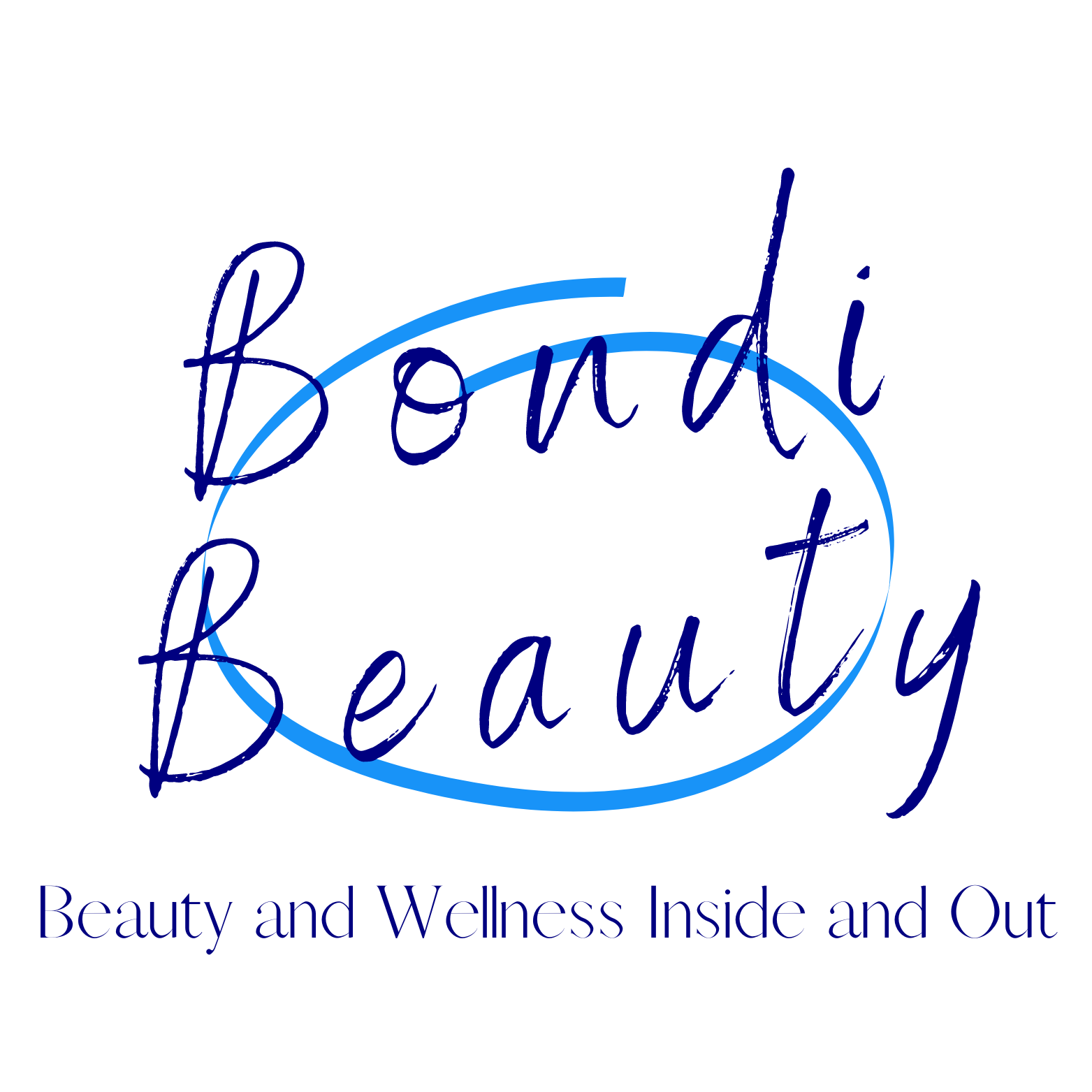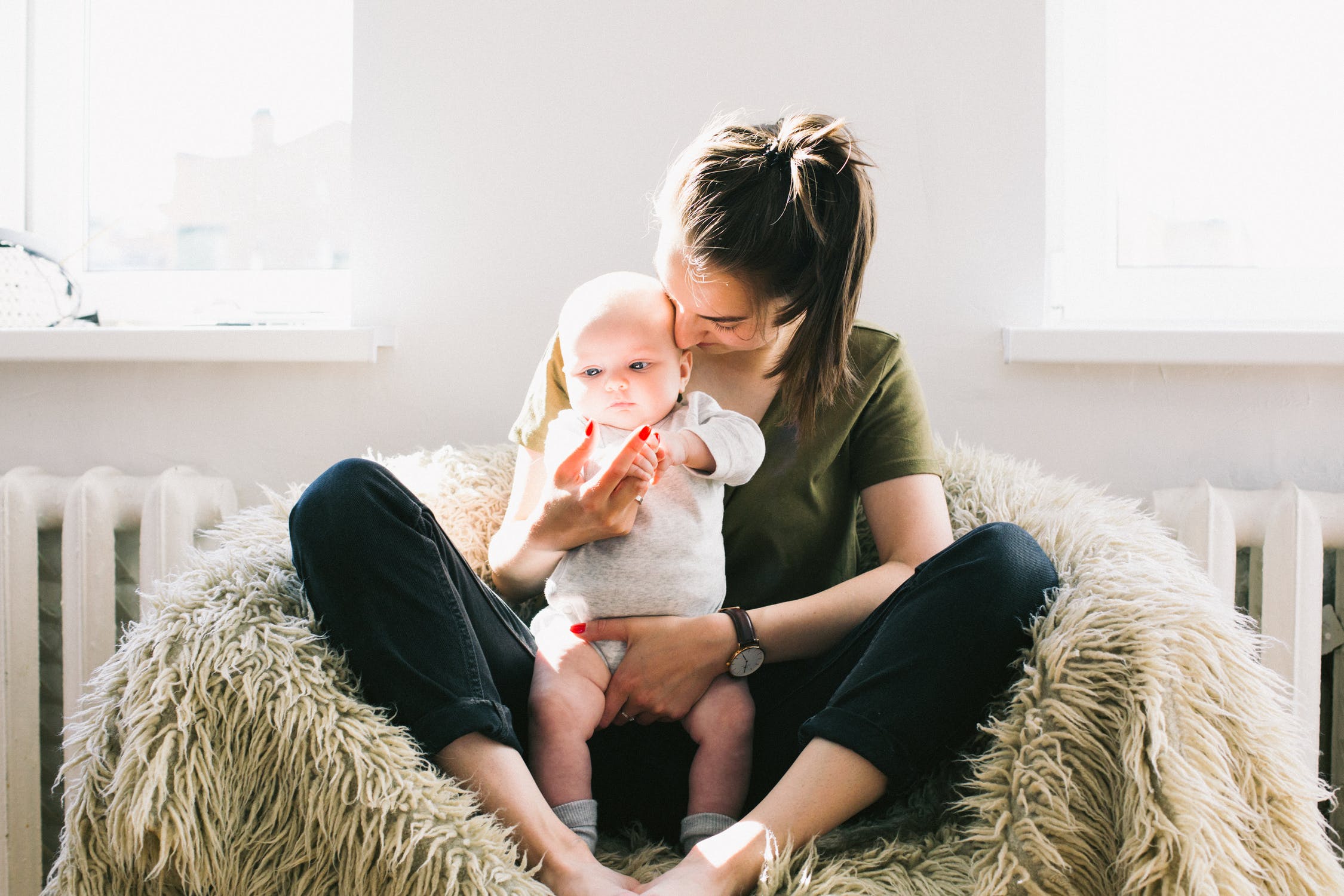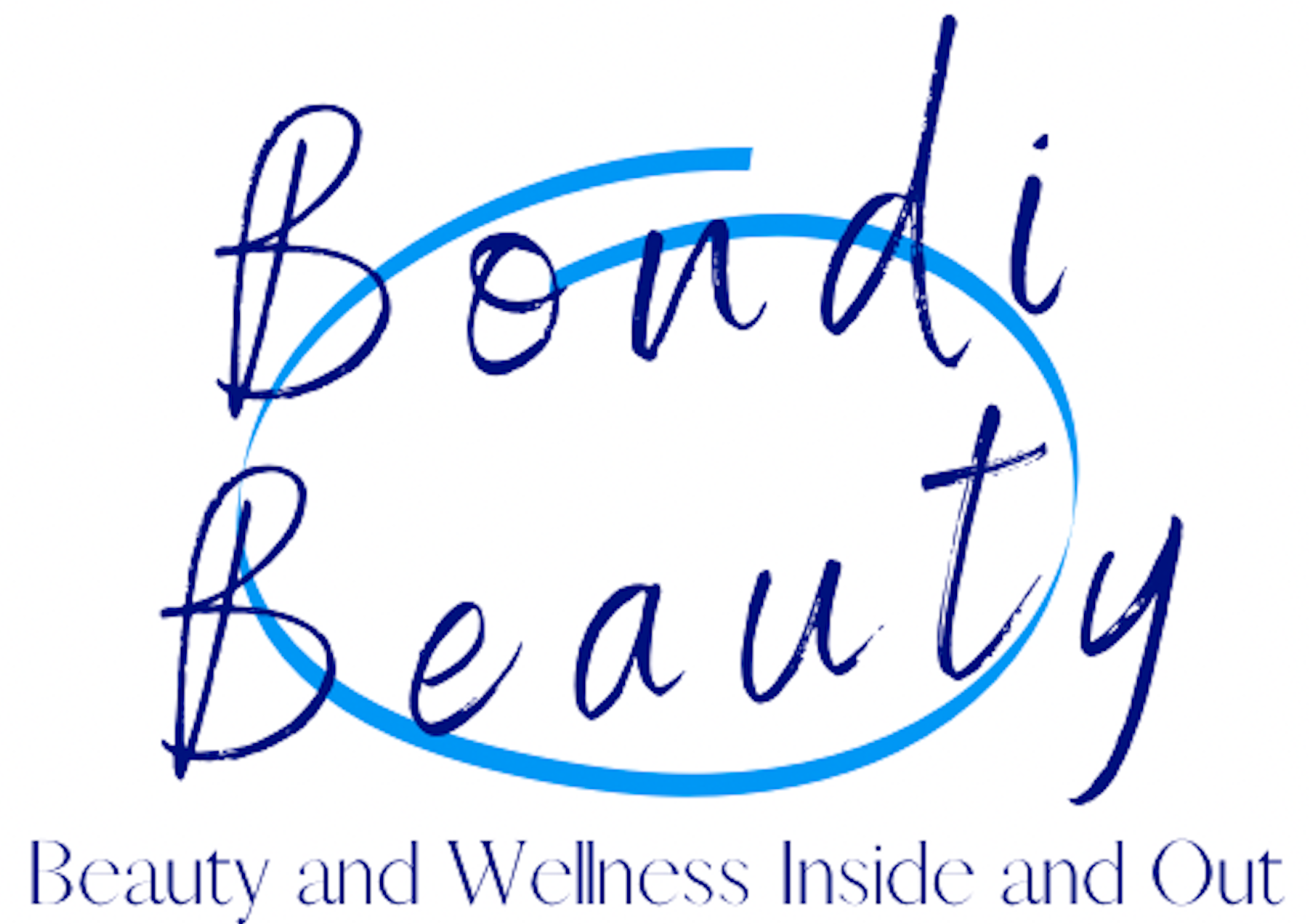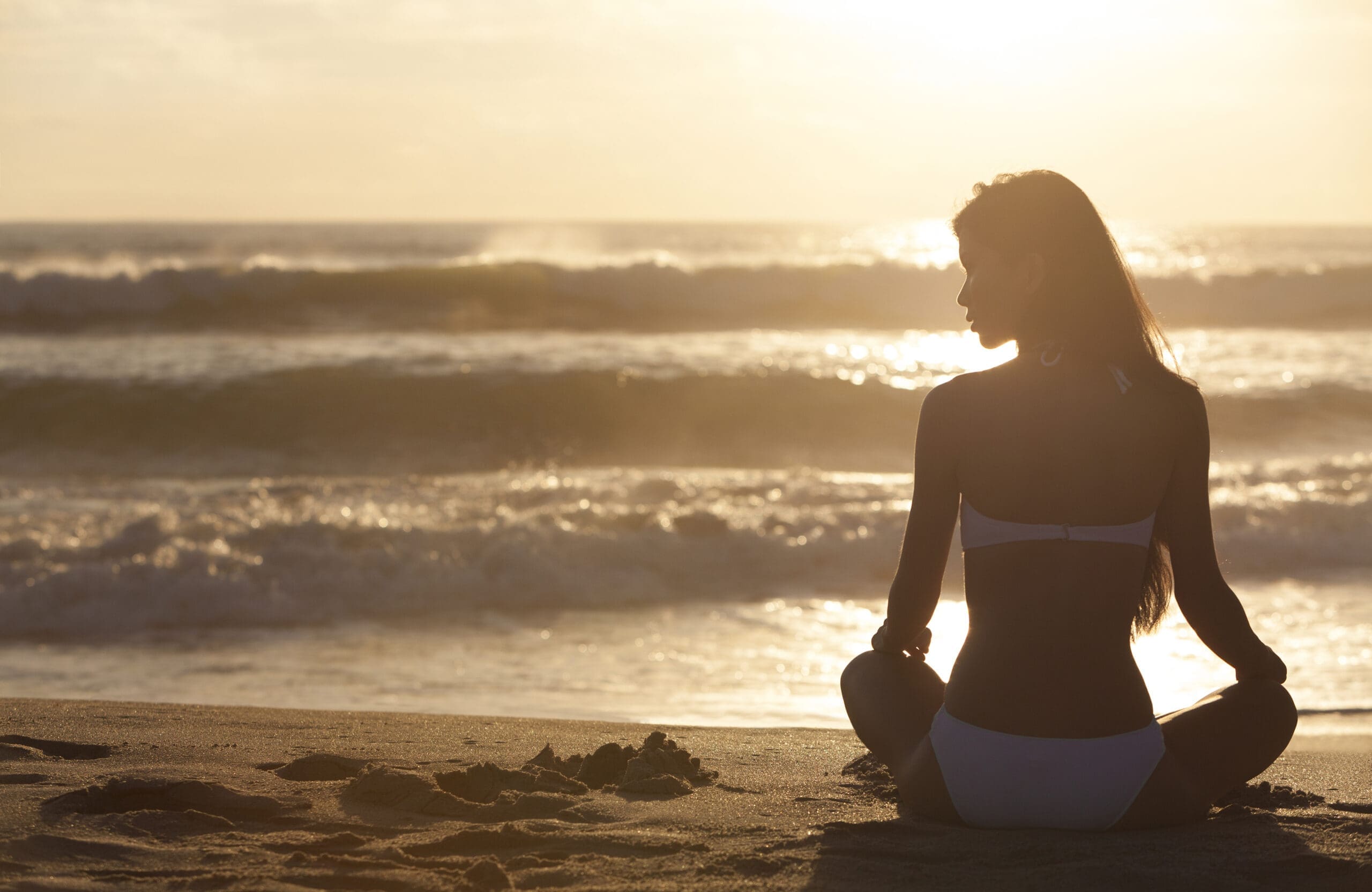Isolation has got many people thinking about having a baby, whether due to isolating with a partner or being unable to meet any new potential partners.
It seems that desire to have children is completely universal among humans, with many celebrities have recently announced they are expecting a baby. Gigi Hadid and Zayn Malik, Katy Perry and Orlando Bloom, and Grimes and Elon Musk are a few of the celebrity couples expecting a child.
But before everyone rushes to starting a family, here are Melbourne based fertility expert, Tasha Jennings’, tips on the options for having a baby in a post coronavirus world.
Tasha Jennings is a naturopath and nutritionist who has shifted her focus to fertility, after facing personal fertility struggles herself. She weighs in on what to know before planning a pregnancy to optimise the chance of a healthy child.
Ask the important questions
One of the most important tasks before embarking on the motherhood adventure is to questions to ask some important questions. Jennings recommends to always consider that children are not for everyone, and women can be socially conditioned to believe it is necessary in life to become a mother.
Consider what the individual impacts of a child will be on your life and what it means to have a child.
Once you have decided to have a child, you may or may not want a partner.
If you want to find a partner and coronavirus is hindering your ability to meet people, it may be worth trying online dating. This is a way to meet new people virtually and Jennings comments, “Lots of couple do meet on Tinder and have successful relationships and marriages, I’ve seen lots of positive results from online dating.”
If you are stressed about not finding a partner in the next few years to have a child with, it is worth thinking about trekking it alone. “Women can have great outcomes alone, there are lots of options for women and it has been the best thing that some women ever did”, says Jennings.

Check your fertility
Once it is decided that motherhood is the right choice, you can book in for a consult to check your fertility and talk about options, so it’s good to get checked as early as possible.
Jennings supports checking fertility from your mid-twenties, “This gives you insight into your fertility, which can alleviate stress and start a discussion for strategies for the future in case your fertility is not optimal.”
It is also important to check your partner’s fertility, as sperm health is crucial to the viability of the fertilised egg and the health of the future child.
Jennings offers a free “conception clarity consultation” and follow ups start at $110.
Jennings recommends checking fertility every few years to check how your fertility is proceeding with age, as these tests can help prolong fertility.
No prior tests are needed before a consult but bring along any previously completed tests investigating vitamin and mineral levels such as vitamin D or iron tests.

Age and pregnancy
Fertility in women varies individually, but there are general trends with age. Typically, there is a gradual decline in fertility after 32, and this decline speeds up after 35. This decline means it is both harder to conceive and a higher risk of complications during the pregnancy.
There is a steep decline in the ability to naturally conceive in a woman’s 40s, but natural pregnancies are still possible. Individual fertility is increased by keeping healthy and getting vitamins and minerals from a range of sources.
Age plays a major role in success rates of pregnancies, younger (from early 20s) is generally better, but it differs greatly from person to person, which is why fertility checks are so important.
The age of new mothers in Australia is increasing, with the average age of mothers being 30.6 as of 2017.
Women physically cannot undergo IVF after menopause, as after menopause the body is not capable of becoming pregnant and age limits for IVF vary from early to late 40s at different clinics.
They can have assisted pregnancies after this age, and many choose a donor egg and donor sperm in order to achieve this.
It is recommended that women initiate their pregnancy prior to being 35 rather than an older age to have the healthiest child possible.
The older the eggs are, the healthier the sperm need to be to create a healthy child, so younger sperm is desired for older women. Jennings suggests that single women with older eggs who want a child should keep their eye out for a “Toy Boy” for younger, healthier sperm if they want children.

Get healthy
If you are planning to have children in the near future, Jennings emphasizes how important the first 90 days before fertilisation are for the health of the baby. This is the time when the egg is developing, and a woman’s health has a major impact on the health of that egg. Jennings says “it is crucial in this time to become very healthy by exercising, eating the rainbow, not smoking and minimising toxin exposure” (such as pesticides and exhaust fumes from the environment and from beauty products such as parabens).
If you are still unsure when you will stop taking contraceptives and try to get pregnant, it is recommended you take a prenatal supplement alongside other birth control as it helps to keep vital nutrient levels up. Being healthy long term also helps to improve and prolong fertility.
If you are single or egg/sperm fertility is not optimal, UPI can consider different options for a child.

Egg Freezing
Egg freezing is the storing of unfertilised eggs to allow conception at a later date, due to medical reasons such as treatment that may harm fertility or if you are not in the position to have a baby right now.
This is an option for those who have no current partner and want to wait a bit longer to see if you meet someone, and the cost varies from person to person. Jennings warns this is not an insurance policy, as healthy births using frozen eggs have a very low rate of success, that declines with age.
Egg freezing can cost upwards of $6000, plus additional medication and hospital fees, which means it is a big commitment.

In Vitro Fertilisation (IVF)
IVF is an option to have a child where the egg and sperm are joined in a laboratory before being transferred to a womb. IVF is an option for having a child where the egg or sperm is not healthy enough to support a baby to birth or using donor sperm to fertilise an egg. 1 in 25 children in Australia are now conceived using IVF. High profile women such as Michelle Obama, Chrissy Teigen and Celine Dion are a few women that have undergone IVF to produce children.
IVF success rates declines steadily with age.
Recently the price of IVF in Australia was significantly reduced and now sits at around $1000 per cycle. Price and duration of IVF changes with each individual.




